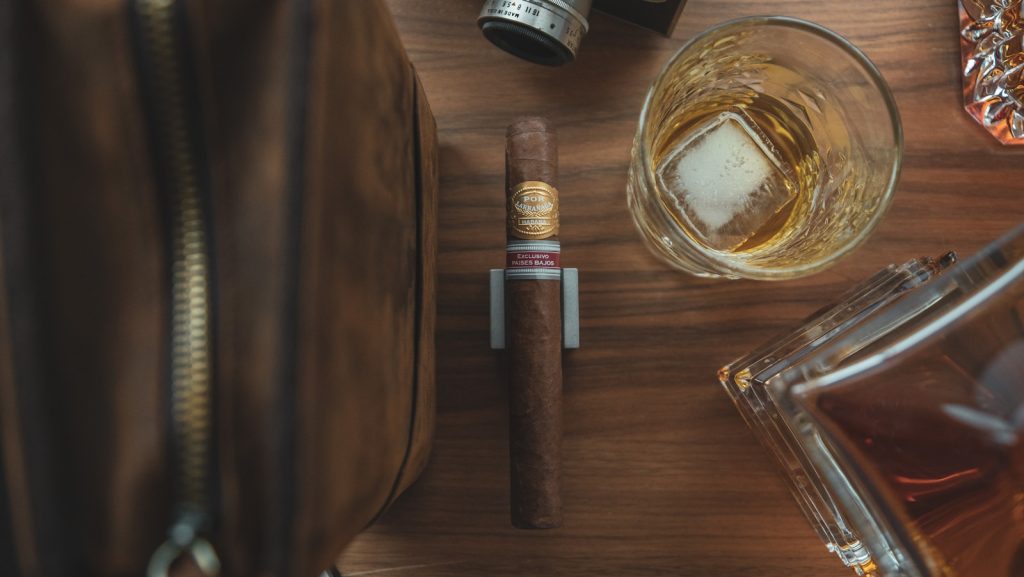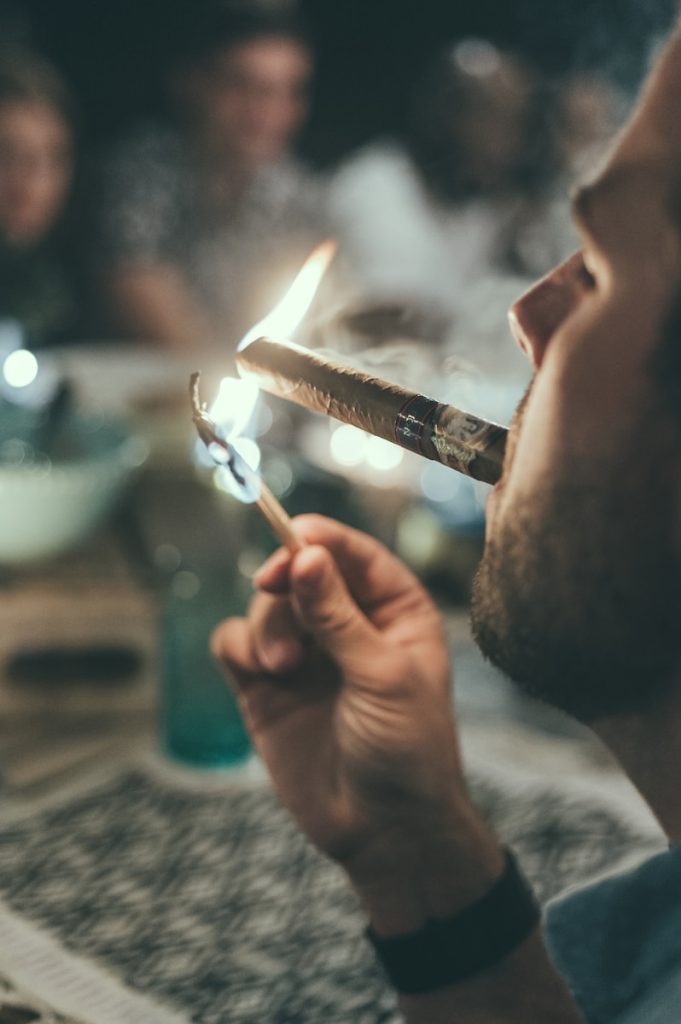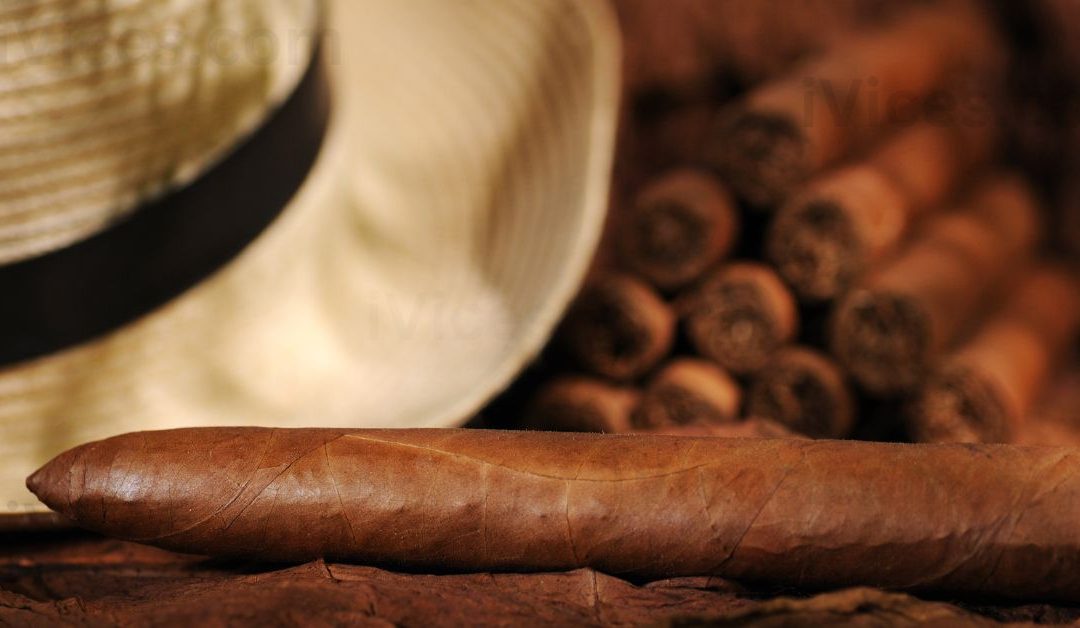You may have seen them in movies or heard about their mystique, but have you ever wondered what makes Cuban cigars so appealing around the world? With their smooth texture and rich flavors, these cigars have become synonymous with luxury and indulgence. In this article, we will explore the secrets behind the global appeal of Cuban cigars, uncovering the intricate craftsmanship, unique tobacco blends, and rich cultural history that have made them a prized possession for cigar enthusiasts everywhere. So sit back, light up your favorite cigar, and join us on this journey to unravel the mystery of Cuban cigars.
The History of Cuban Cigars
Cuban cigars have a long and prestigious history that dates back centuries. The art of cigar-making in Cuba can be traced back to the early days of the Spanish colonization in the 16th century. Spanish settlers brought tobacco seeds to the island and began cultivating tobacco crops. This marked the beginning of the rich tradition of Cuban tobacco production.
The Origins of Cuban Tobacco
Cuba’s ideal climate and fertile soil create the perfect conditions for growing tobacco. The Vuelta Abajo region in the western part of the country is particularly renowned for its high-quality tobacco. The combination of the unique soil composition, abundance of sunlight, and the right humidity levels contribute to the distinctive flavor and aroma of Cuban tobacco.
The Rise of Cuban Cigar Production
In the early 19th century, the Cuban tobacco industry experienced significant growth. The introduction of steam-powered cigar machinery allowed for the mass production of cigars, making them more accessible to a wider audience. This period saw a surge in the popularity of Cuban cigars, both domestically and internationally.
The Golden Age of Cuban Cigars
The early to mid-20th century is often referred to as the Golden Age of Cuban Cigars. During this time, Cuban cigars gained international recognition for their unrivaled quality and craftsmanship. Celebrities, politicians, and connoisseurs from around the world sought after Cuban cigars as a symbol of luxury and excellence. The demand for Cuban cigars reached its peak, establishing the country as the premier producer of premium cigars.
The Unique Characteristics of Cuban Cigars
Cuban cigars are renowned for their unique characteristics that set them apart from cigars produced in other countries.
The Soil and Climate of Cuba
The rich and fertile soil in Cuba, combined with the country’s tropical climate, plays a crucial role in the cultivation of tobacco. The Vuelta Abajo region, in particular, boasts a microclimate that provides the optimal conditions for growing tobacco with exceptional flavor and aroma. The combination of volcanic soil, warm temperatures, and the right amount of rainfall contributes to the rich texture and complexity of Cuban cigars.
The Art of Hand-Rolling Cuban Cigars
Unlike machine-made cigars, Cuban cigars are meticulously hand-rolled by highly skilled craftsmen known as torcedores. These artisans undergo extensive training and apprenticeship to perfect their craft. The delicate process of rolling a cigar involves selecting and sorting the tobacco leaves, carefully arranging them, and skillfully wrapping them with precision. Hand-rolling ensures that each Cuban cigar is of the highest quality and consistency.
The Aging Process
One of the distinguishing features of Cuban cigars is the extensive aging process they undergo. After the cigars are rolled, they are stored in cedar-lined aging rooms, known as bodegas. Here, they are left to mature and develop complex flavors over time. This aging process can last anywhere from several months to several years, depending on the desired taste profile. The result is a well-balanced and refined cigar that showcases the true essence of Cuban tobacco.

The Cuban Cigar Industry
The Cuban cigar industry operates under a unique set of circumstances that dictate its production and distribution.
Government Control and Regulation
In Cuba, the production and exportation of cigars are tightly controlled by the government. The state-owned corporation, Habanos S.A., has a monopoly over the Cuban cigar industry. This allows the government to maintain strict quality control and ensure that Cuban cigars meet the high standards they are known for.
The Role of Cooperatives and State-Owned Enterprises
The production of Cuban cigars involves a collaborative effort between state-owned enterprises and small-scale tobacco farmers organized in cooperatives. These cooperatives play a vital role in the cultivation of tobacco, ensuring a steady supply of high-quality leaves. The state-owned enterprises oversee the manufacturing and distribution processes, ensuring that each step adheres to the strict quality standards set by the government.
The Impact of Embargoes and Trade Restrictions
The Cuban cigar industry has faced numerous challenges due to embargoes and trade restrictions imposed by various countries, most notably the United States. These restrictions have limited the availability of Cuban cigars in certain markets and forced the industry to adapt to changing circumstances. Despite these challenges, the allure of Cuban cigars remains strong, and the global demand for them continues to grow.
The Cultural Significance of Cuban Cigars
Cuban cigars hold a significant place in Cuban culture and have become synonymous with luxury, prestige, and social rituals.
Cigars as a Symbol of Luxury and Prestige
For centuries, Cuban cigars have been associated with luxury and prestige. Smoking a Cuban cigar is often seen as a symbol of wealth and sophistication. The meticulous craftsmanship, premium ingredients, and long-standing tradition behind Cuban cigars contribute to their exclusive status and global appeal.
Cigars in Cuban Literature and Film
Cuban cigars have been featured prominently in Cuban literature and film. Writers and filmmakers often use the imagery of smoking a fine Cuban cigar to portray elegance and power. These cultural references further enhance the mystique surrounding Cuban cigars and contribute to their enduring popularity.
Cigars as a Social Ritual
In Cuba, smoking cigars is not just an individual activity; it is a social ritual. Sharing a cigar with friends, family, or colleagues is seen as a way to bond and celebrate special occasions. Lighting up a cigar is a ceremonial act that brings people together and fosters a sense of camaraderie.

The Global Demand for Cuban Cigars
Cuban cigars have a global reputation for excellence, and their demand extends far beyond the shores of Cuba.
Cuban Cigars in the United States
For many years, Cuban cigars were highly sought after in the United States. However, due to trade restrictions and the ongoing embargo, the commercial importation of Cuban cigars into the United States is prohibited. Despite these restrictions, the demand for Cuban cigars remains strong among American cigar enthusiasts, and the allure of obtaining a genuine Cuban cigar continues to captivate many.
Cuban Cigars in Europe and Asia
Europe has been a longstanding market for Cuban cigars, with countries such as Spain, France, and the United Kingdom being major importers. The allure of Cuban cigars in Europe stems from their reputation for quality and authenticity. In recent years, Asian countries, particularly China, have also seen a surge in demand for Cuban cigars, as the cigar culture continues to grow in these markets.
The Role of Tourism in Cuban Cigar Sales
Tourism plays a significant role in the sale of Cuban cigars. Visitors to Cuba often seek out the opportunity to purchase authentic cigars as a souvenir or for personal enjoyment. The Cuban government has recognized the importance of tourism in promoting the country’s cigar industry and has implemented measures to cater to this market, including dedicated cigar shops and special tourist packages that include cigar-related experiences.
Counterfeiting and the Black Market
The popularity and high value of Cuban cigars have made them a target for counterfeiting and the black market.
The Issue of Counterfeit Cuban Cigars
Counterfeit Cuban cigars have been a persistent problem in the cigar industry. Counterfeiters often try to replicate the appearance and packaging of authentic Cuban cigars, making it difficult for consumers to distinguish between genuine and counterfeit products. The trade-in of counterfeit Cuban cigars not only results in financial losses for the industry but also compromises the reputation of Cuban cigars as a premium product.
The Influence of the Black Market on Cuban Cigar Sales
The black market for Cuban cigars undermines the legitimate sales channels established by the Cuban government. Illegally obtained and smuggled Cuban cigars find their way into various markets, compromising the exclusivity and quality control that defines the Cuban cigar industry. The presence of the black market poses a significant challenge to both the government and tobacco producers in Cuba.
Efforts to Combat Counterfeiting
The Cuban government, in collaboration with international organizations, has taken steps to combat the counterfeiting of Cuban cigars. Increased surveillance, training programs for customs officials, and educational campaigns aimed at raising awareness among consumers have all been implemented to minimize the impact of counterfeiting. These efforts are crucial in protecting the integrity and reputation of Cuban cigars.

Cuban Cigars versus Non-Cuban Cigars
The debate between Cuban cigars and non-Cuban cigars has long been a topic of discussion among cigar aficionados.
Quality and Flavor Differences
Cuban cigars are renowned for their distinct flavor and complexity, attributed to the unique characteristics of Cuban tobacco and the meticulous manufacturing process. Non-Cuban cigars, on the other hand, offer a wide range of flavor profiles, as they are produced in various countries with different climates and tobacco blends. The debate over which is superior ultimately comes down to personal preference and individual taste.
Brands and Traditions
Cuban cigars are synonymous with iconic brands such as Cohiba, Montecristo, and Partagás, which have become household names among cigar enthusiasts. Non-Cuban cigars, however, have their own celebrated brands and traditions, each with its own loyal following. The rich history and heritage of Cuban cigars are deeply ingrained in their culture, while non-Cuban cigars offer a diverse array of brands and styles from around the world.
The Debate Among Cigar Aficionados
The debate between Cuban and non-Cuban cigars is a topic that continues to spark passionate discussions among cigar enthusiasts. While some argue that there is no substitute for the complexity and flavor of Cuban cigars, others appreciate the variety and craftsmanship found in non-Cuban cigars. Ultimately, the choice between the two comes down to personal preference and the individual’s discerning palate.
The Future of Cuban Cigars
The future of the Cuban cigar industry is subject to various factors that may impact its production and global appeal.
Evolving Trends in the Premium Cigar Market
As consumer preferences evolve, the premium cigar market continues to adapt. Cigar manufacturers around the world are introducing new blends, experimenting with aging techniques, and exploring innovative packaging. To stay relevant, the Cuban cigar industry must also embrace these changes while maintaining the unique characteristics that define Cuban cigars.
Potential Impact of Political Changes
Political changes can have a significant impact on the Cuban cigar industry. The loosening of trade restrictions and the normalization of relations with the United States, for example, would open up new opportunities for Cuban cigars in one of the largest markets in the world. However, political instability or changes in government policies can also present challenges and uncertainties for the industry.
The Impact of Climate Change
Climate change poses a potential threat to the tobacco crops in Cuba. Rising temperatures, unpredictable weather patterns, and increased incidence of pests and diseases can all affect the quality and yield of tobacco. The Cuban government and tobacco producers must adapt to these changing environmental conditions to ensure the long-term sustainability of the Cuban cigar industry.
How to Properly Enjoy a Cuban Cigar
Appreciating a Cuban cigar goes beyond simply smoking it. There are certain techniques and practices that can enhance the overall experience.
Choosing the Right Cigar
Selecting the right cigar is essential to ensure an enjoyable experience. Factors such as size, strength, and flavor profile should be taken into consideration. It is recommended to visit a reputable tobacconist or seek advice from knowledgeable cigar enthusiasts to make an informed choice.
Cutting and Lighting Techniques
Properly cutting and lighting a Cuban cigar is crucial for an even burn and optimal flavor. A sharp guillotine cutter or a punch cutter can be used to make a clean cut, avoiding damaging the cigar’s structure. When lighting, it is recommended to use a butane torch lighter or wooden matches, as they provide a more even and controlled flame.
Proper Storage and Aging
Cuban cigars require proper storage to maintain their freshness and flavor. Investing in a humidor, a specialized device used to control temperature and humidity is essential. This ensures that the cigars are stored in optimal conditions, allowing them to age gracefully and develop rich, complex flavors over time.
Conclusion
Cuban cigars have captivated cigar enthusiasts worldwide with their exceptional quality, rich history, and cultural significance. From their origins in Cuba’s fertile soil to their meticulous hand-rolling and aging process, Cuban cigars embody the essence of luxury and craftsmanship. The Cuban cigar industry faces both challenges and opportunities as it navigates the changing political landscape, increasing global demand, and the threat of counterfeits. However, the allure and mystique of Cuban cigars remain strong, ensuring their place among the most coveted and revered cigars in the world. To properly enjoy a Cuban cigar, one must appreciate the artistry and tradition behind it, savoring each puff and relishing in the unique experience it offers.
© 2024 by iVices Reserved all rights. This document cannot be copied or communicated in any way without iVices’s prior written consent, whether it be electronically, mechanically, through photocopying, recording, or another medium.

